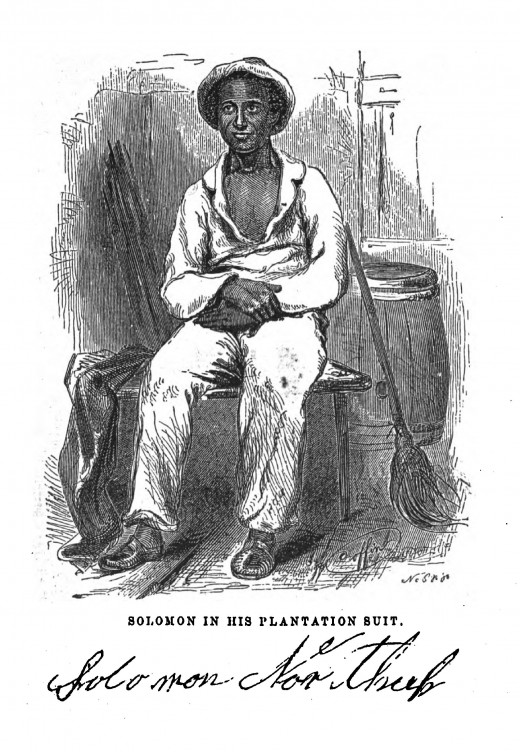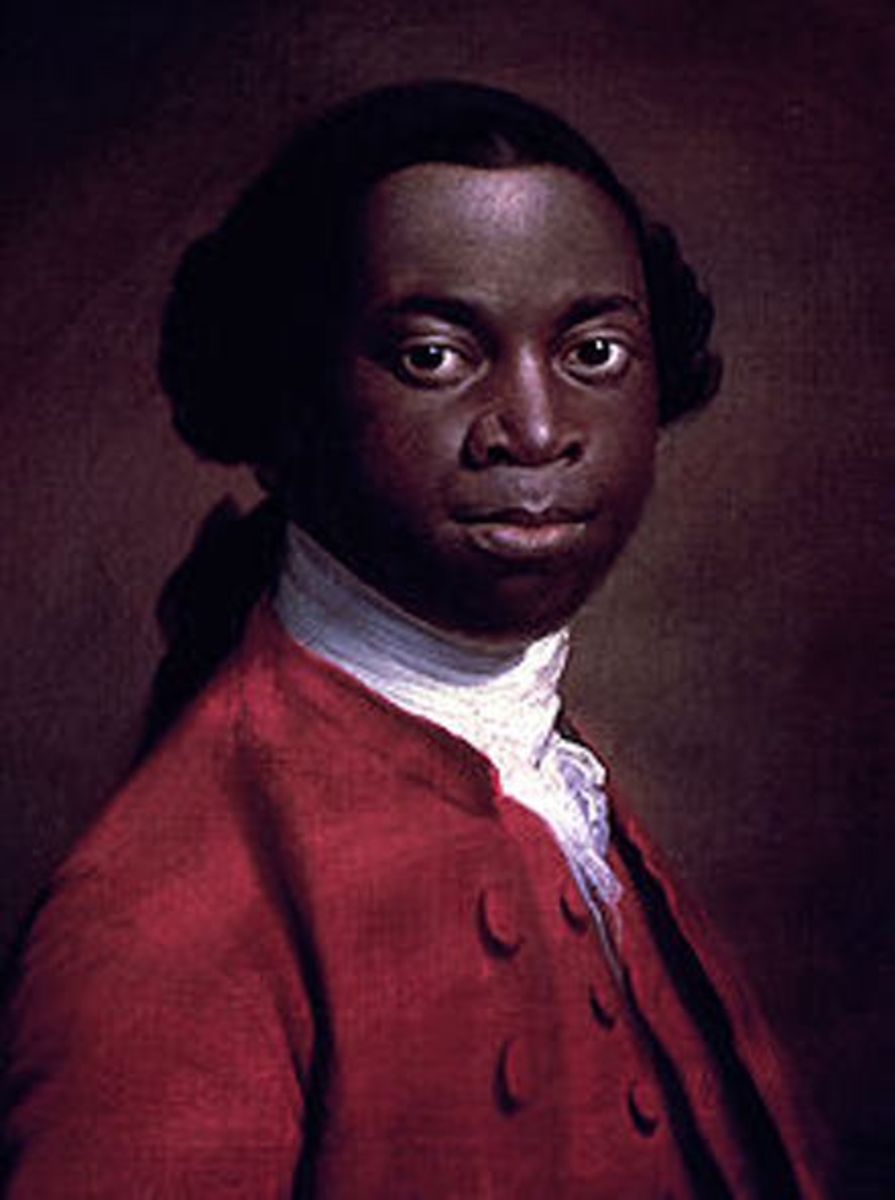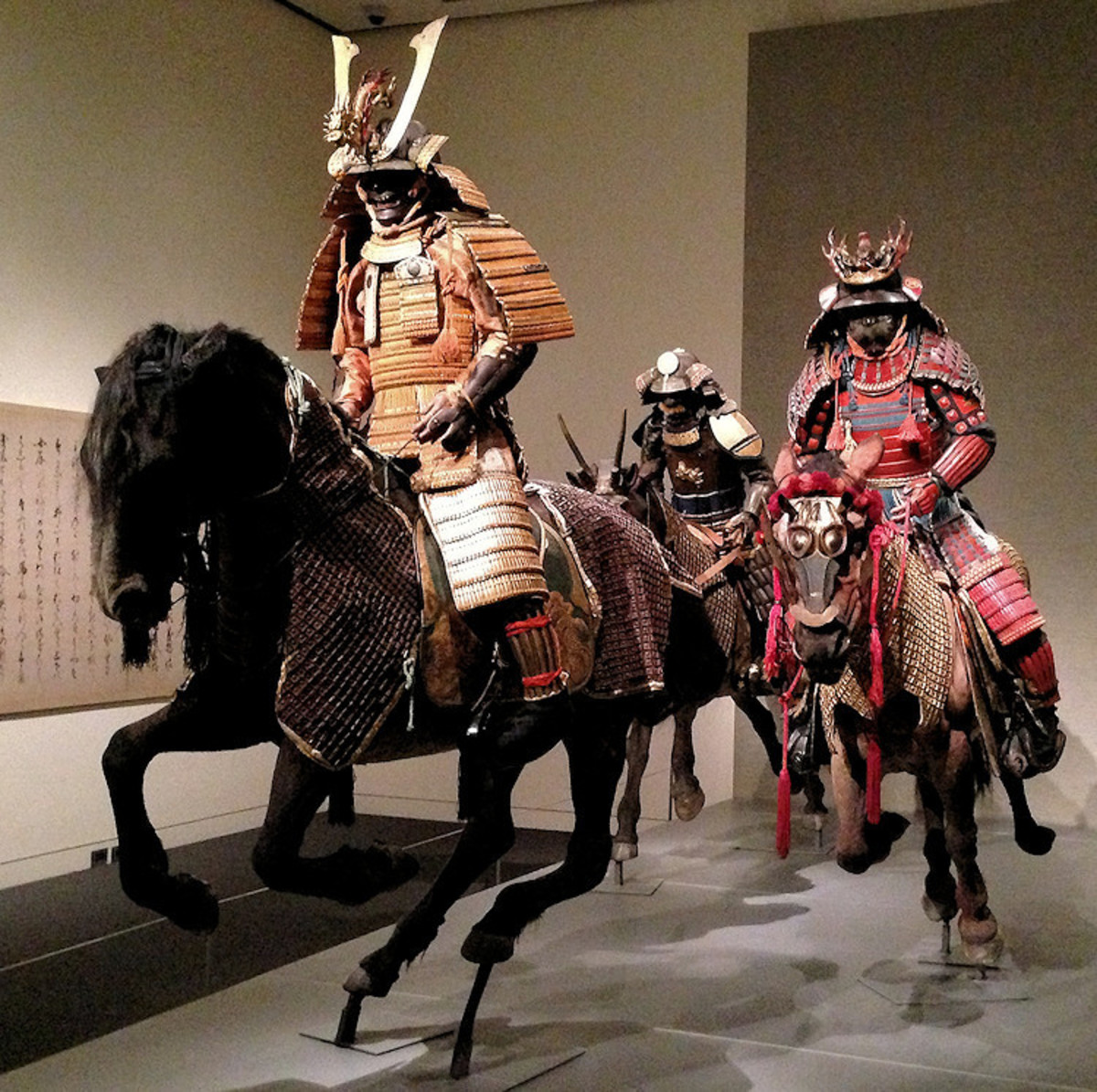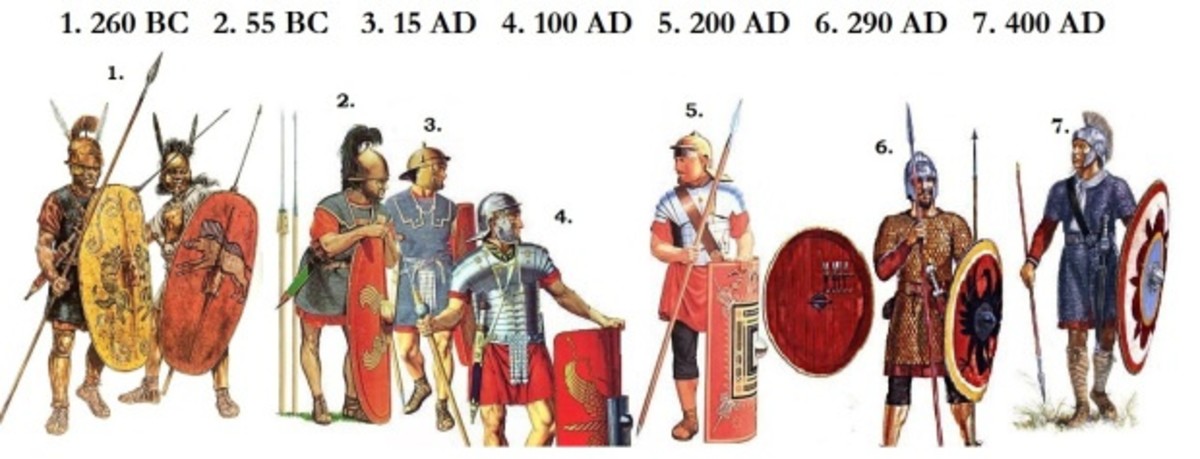Slave Narratives
The Lost Existence and Callous Nature of the Traders
Slave narratives focus on the daily lives of enslaved African Americans and provide insights into the mental state of those in bondage; however, slave narratives also incorporate certain literary values via the themes, motifs, and symbols that the writer's include in the texts. One of the major themes in slave narratives is the incessant need for education, for without it, one is lost in a world of ignorant oppression. Education is also imperative to freedom in slave narratives; hence, the masters' reaction to educated slaves often results in violence.
Motifs and Slave Narratives
A motif in slave narratives is the fact that so much that is related to the average human being's existence was obliterated with slavery. “Once when Frederick Douglass was asked when and where he was born, he replied: "'I cannot answer; don't know my age. Slaves have no family records'" (Sundstrom). When one says that one has lost a connection to the past, those words do not have much of an impact. The true meaning of being lost in a contemporary world without a connection to the past is sort of shallow; however, when one walks into the slave narrative, one lives with an individual who has lost such a connection and has the potential to connect to the true impact of such a loss on a human's existence.

Twelve Years a Slave
Slave narratives also symbolize the ruthless and callous nature of slave owners in their descriptions of being purchased and sold. Soloman Northup documents this callous nature in the following quote the text Twelve Years a Slave: He "would make us hold up our heads, walk briskly back and forth, while customers would feel our hands and arms and bodies, turn us about, ask us what we could do, make us open our mouths and show our teeth, precisely as a jockey examines a horse which he is about to barter for or purchase” (Northup 89). Upon initial response, one might think that such a description works to enforce the slave traders' notions of viewing slaves as less than human; however, with a deeper look, one sees the cold nature of such a practice and ingests contempt for the slave traders' actions.
Northup, Solomon. Twelve Years a Slave. Baton Rouge: Louisiana State UP, 1968. Print.
Sundstrom, Ronald. "Notes to Frederick Douglass." Stanford University. Stanford University, 2014. Web. 05 Sept. 2014.






